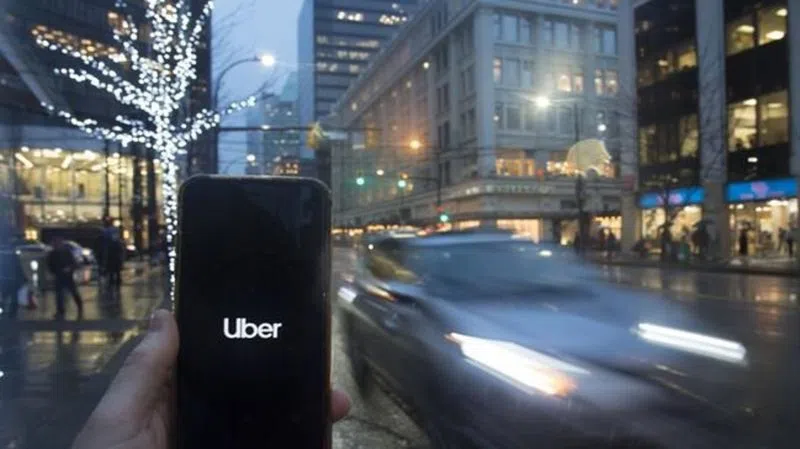
No injunction for B.C. taxi industry against Uber, Lyft pending judicial review
VANCOUVER — The taxi industry is promising to continue its fight against Uber and Lyft after a judge rejected a bid to grant an injunction against the companies pending a legal challenge of the approval process that allowed them to operate in Metro Vancouver.
B.C. Supreme Court Justice Veronica Jackson said the Vancouver Taxi Association failed to establish that an independent regulator used an uneven playing field in allowing the two companies to operate as of Jan. 23.
“The launch of Uber and Lyft in Vancouver did not arrive unannounced,” Jackson said Thursday.
Virtually all municipalities have had trouble providing an adequate number of taxis at bar-closing time, rush hour and for sporting events, while smaller communities have faced challenges in attracting the industry, Jackson said.
